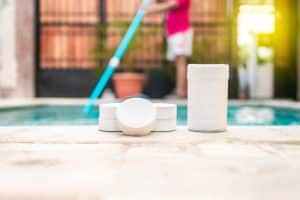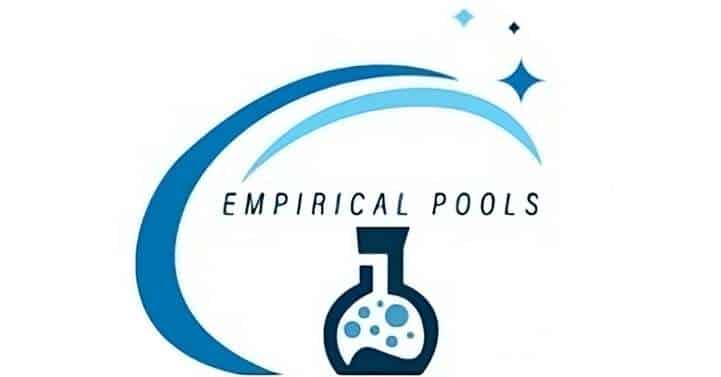Effects of Hard Water on Pools in Scottsdale and Proven Combat Strategies
Nestled in the heart of the Sonoran Desert, Scottsdale, Arizona, boasts a desert climate with notoriously hard water. While this brings its own set of challenges, pool owners in Scottsdale face a unique struggle – the impact of hard water on their aquatic oasis. In this comprehensive guide, we delve into the effects of hard water on pools in Scottsdale and provide effective combat strategies to keep your pool crystal clear.

Understanding the Impact of Hard Water:
Hard Water 101: Before we dive into the specifics, let’s understand what hard water is. Hard water contains elevated levels of minerals, primarily calcium and magnesium. These minerals, while harmless for human consumption, can wreak havoc on your pool over time.
Effects on Pool Surfaces: The high mineral content in hard water often leads to the formation of mineral deposits on pool surfaces. These deposits can manifest as unsightly stains, making the pool less aesthetically pleasing.
Challenges to Pool Equipment: Hard water doesn’t discriminate – it affects not only the pool surfaces but also the equipment. The buildup of minerals can damage pumps, filters, and heaters, leading to costly repairs and decreased equipment lifespan.
Detecting Hard Water in Your Pool:
Water Testing Techniques: To combat the impact of hard water, it’s crucial to identify its presence. Invest in a quality water testing kit to measure calcium and magnesium levels in your pool water. An increased reading indicates hard water, requiring prompt action.
Visual Signs: Keep an eye out for visible signs such as white, chalky residue on pool surfaces, cloudy water, or difficulty in maintaining proper chemical balance. These indicators are often the first clues that hard water is affecting your pool.
The Battle Plan:
Combatting Hard Water Woes in Scottsdale Pools:
Regular Water Balancing: Maintaining proper water chemistry is your first line of defense. Regularly test and balance the pH, alkalinity, and calcium hardness levels to prevent the minerals from precipitating out of the water and causing damage.
Use of Sequestrants: Sequestrants are chemical agents designed to bind with minerals in the water, preventing them from forming deposits on pool surfaces. Adding a quality sequestrant to your pool maintenance routine can significantly reduce the impact of hard water.
Professional Tile Cleaning: When hard water stains have already made their mark on your pool tiles, seeking professional tile cleaning services is a wise move. These experts employ specialized techniques to remove mineral deposits and restore the luster of your pool.
FAQ
Q1: Can hard water damage my pool pump? A1: Yes, the minerals in hard water can accumulate in your pool pump, reducing its efficiency and lifespan. Regular maintenance and the use of sequestrants can mitigate this risk.
Q2: How often should I test my pool water for hardness? A2: It’s advisable to test your pool water every 2-4 weeks, especially in areas with known hard water issues like Scottsdale.
Q3: Are there eco-friendly options to combat hard water? A3: Absolutely. Some sequestrants are formulated to be environmentally friendly, ensuring the health of your pool and the planet.
Conclusion
In the arid landscape of Scottsdale, battling the impact of hard water on your pool is a constant endeavor. However, armed with knowledge and effective combat strategies, you can keep your pool water crystal clear and equipment in top-notch condition. Remember, regular maintenance and proactive measures are the keys to a sparkling oasis in the Sonoran Desert.

